A series of new warnings were issued by the Prosecutor General office to social media users in Azerbaijan. In a statement issued by the Prosecutor General’s office, it claims five Azerbaijani citizens received a warning over their social media posts that the prosecutor’s office described as “violating stability, rights, and freedoms and casting a shadow over state’s efforts to strengthen defense capabilities.”
In addition, a citizen named Namig Aliyev was found guilty of violating the state law on Information, Informatisation, and Protection of Information. According to the prosecutor’s office, Aliyev, editor of Yeniavaz.com news website failed to remove a Facebook post about the story published by Yeniavaz.com website that qualified as “information prohibited from sharing.”
But a series of developments including a statement by Yeniavaz.com website editor show that not only did the Prosecutor Office provide false information about Namig Aliyev’s affiliation with Yeniavaz.com website but that the story the prosecutor office wanted removed directly referred to the prosecutor office earlier involvement in committing violence against an opposition activist.
Timeline of events
On December 1, 2021, a group of activists staged a protest in the capital Baku in support of jailed opposition activist Saleh Rustamov. During the protest, scores of activists were detained, including opposition figure Tofig Yagublu, a former political prisoner himself. The violence he faced in the hands of the police was widely reported on social media platforms.
This what Azerbaijani police made of Tofig Yagubluhttps://t.co/MVVvoK2FM3
— Cavid | 𐕑𐔰𐕛𐔼𐔳 | 𐭩𐭠𐭥𐭩𐭲 (@cavidaga) December 1, 2021
The head of the Media and Public Relations Department of the Interior Ministry’s press service, while having denied any allegations of torture, promised to investigate the case of Yagublu.
On January 12, the Prosectur Office said it had finalized the invetigation. According to the results, Yagublu was not tortured and that the signs of violence documented and widely reported were inflicted by Yagublu himself. The investigation claimed Yagublu harmed himsefl and that no police officer was involved in violence against Yagublu.
Yeniavaz.com published three separate articles on the results of the investigation, most recent one on January 18, 2022.
On January 24, Yeniavaz.com website editor Baylar Majidov, published a Facebook post, with the following text:
“The prosecutor arrested a man named Namig Aliyev, and [Azerbaijani] media presented him as the director of Yeniavaz.com. Offically, we would like to note that not only do we not have an employee named Namiq Aliyev but he is certainly not the direcotr of Yeniavaz.com.”
Majidov also wrote that their newsroom never received an official request from the General Prosecutor office to remove any information from the website or from the news website’s social media accounts.
Also on January 24, in another statement issued by the Prosecutor General Office, it announced its decision to sentence social media user Namig Aliyev to 30 days of aministrative detention for sharing information prohibited by law. The statement also said, the office launched administrative proceedings against Azermedia LLC, a legal entity representing the operations of yeniavaz.com on the grounds that the website failed to remove the information prohibited by law.
I was invited to the General Prosecutor office on January 20. After talking to me first about the state, the importance of the prosecutor office for the state and etc I asked them calmly what was the purpose of my invitiation. They told me, it was an article titled “Prosecutor office: ‘Tofig Yagublu’s state was caused as a result of him beating himself up'” that yeniavaz.com published on its website and shared on its Facebook page. So I asked, if there was something wrong about the story, whether it was a lie. They said, the story was correct, but we are concerned about the comments that were written under the post. I said, if the story was ture, if you have no objections then why am I here? I also added that Facebook has billions of users, how can we be held accountable for something written by others? The officer sitting across from me then said, we suspected that these responses would follow, after giving the story a headline like that. I told this this was ludicrous. You confirm yourself that the story is true, you do not object to any of the wording, and yet you are questioning the reporter’s intent?!




![inauthentic pages target independent news platform – will Facebook take notice [part 3, the case of Azadliq Radio]](https://www.az-netwatch.org/wp-content/uploads/2020/03/glenn-carstens-peters-npxXWgQ33ZQ-unsplash-600x400.jpg)
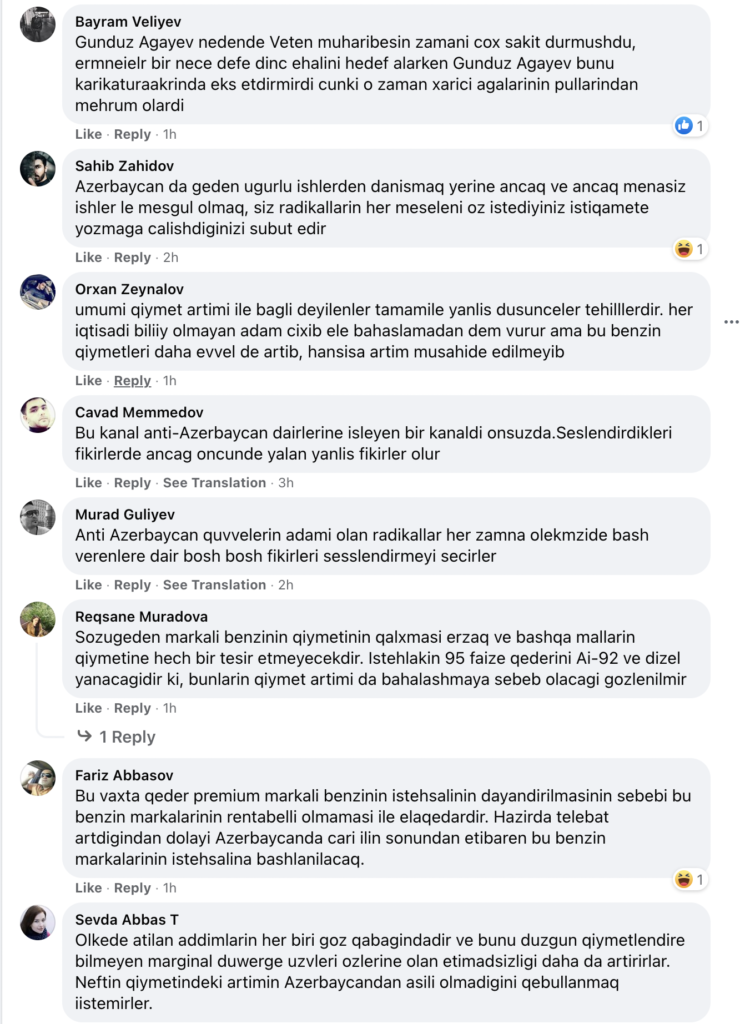
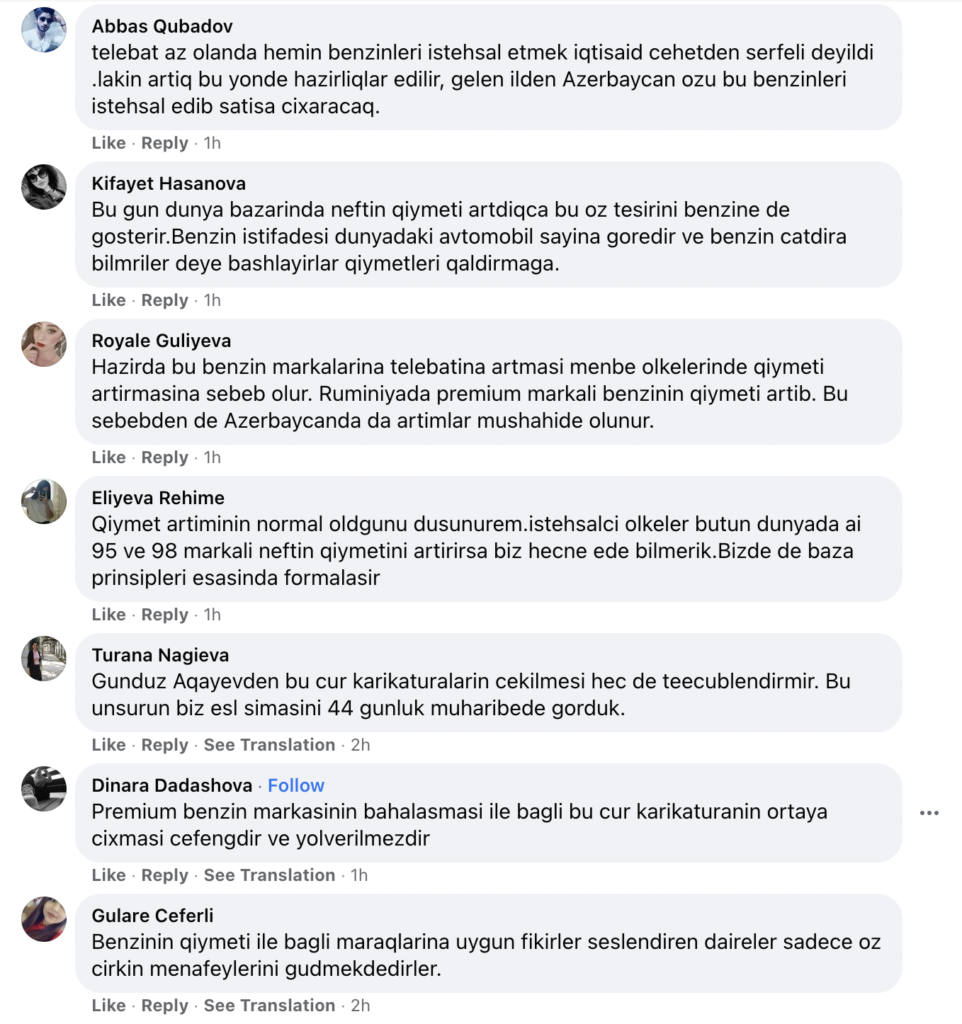
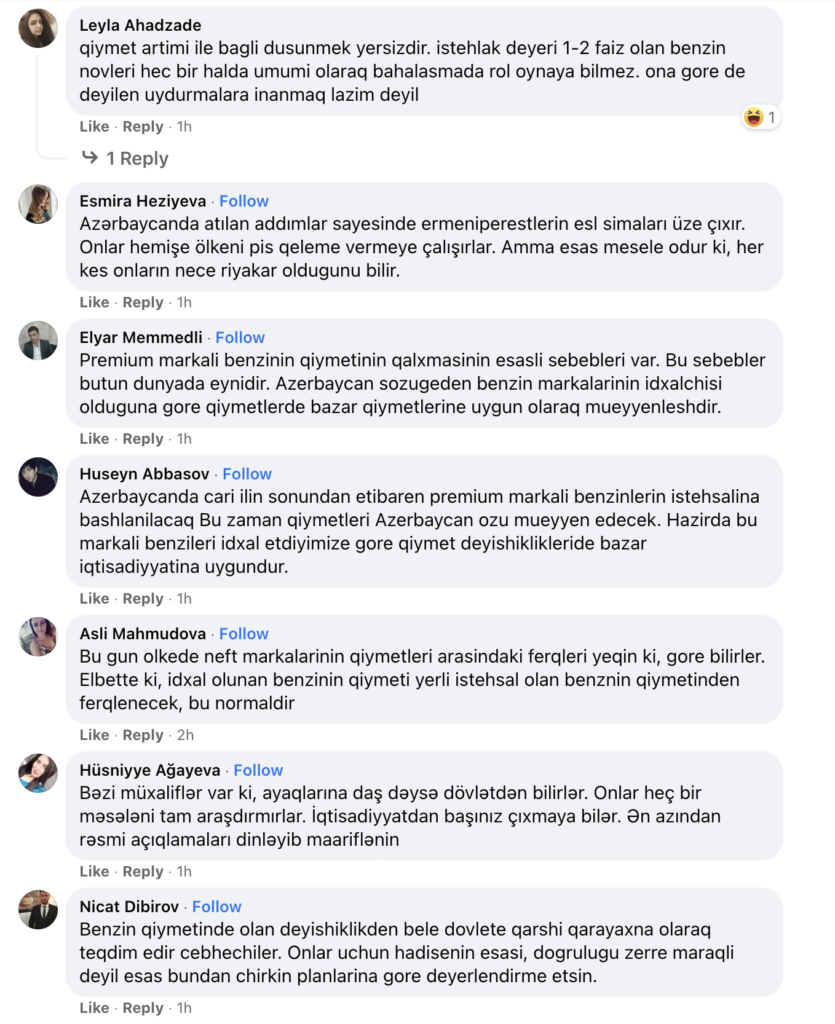
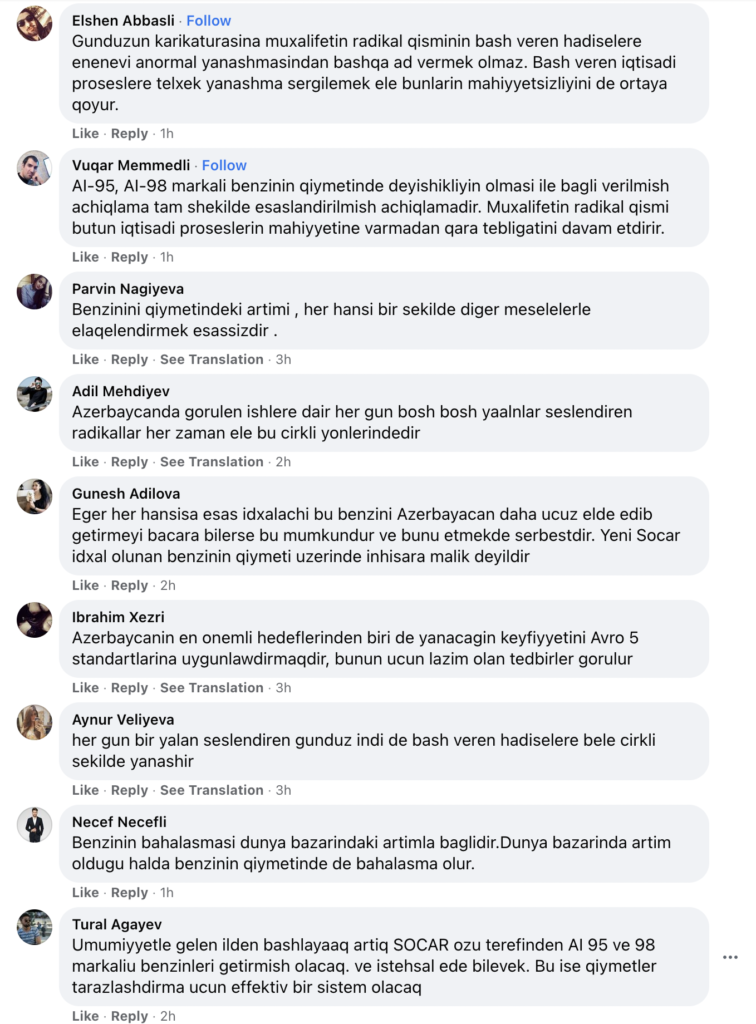
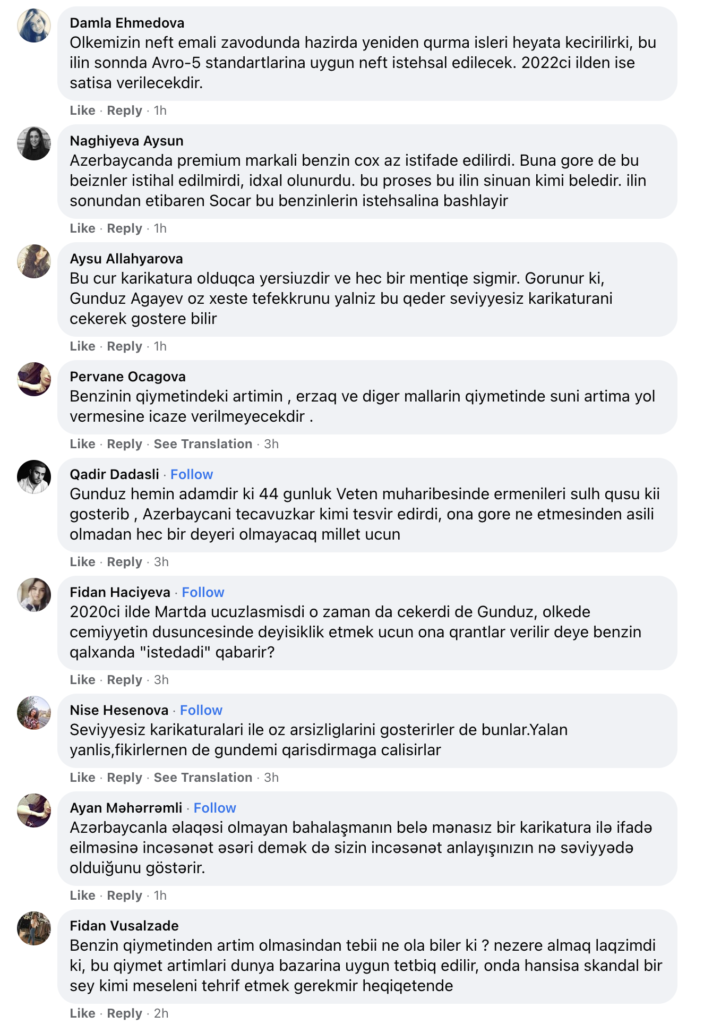
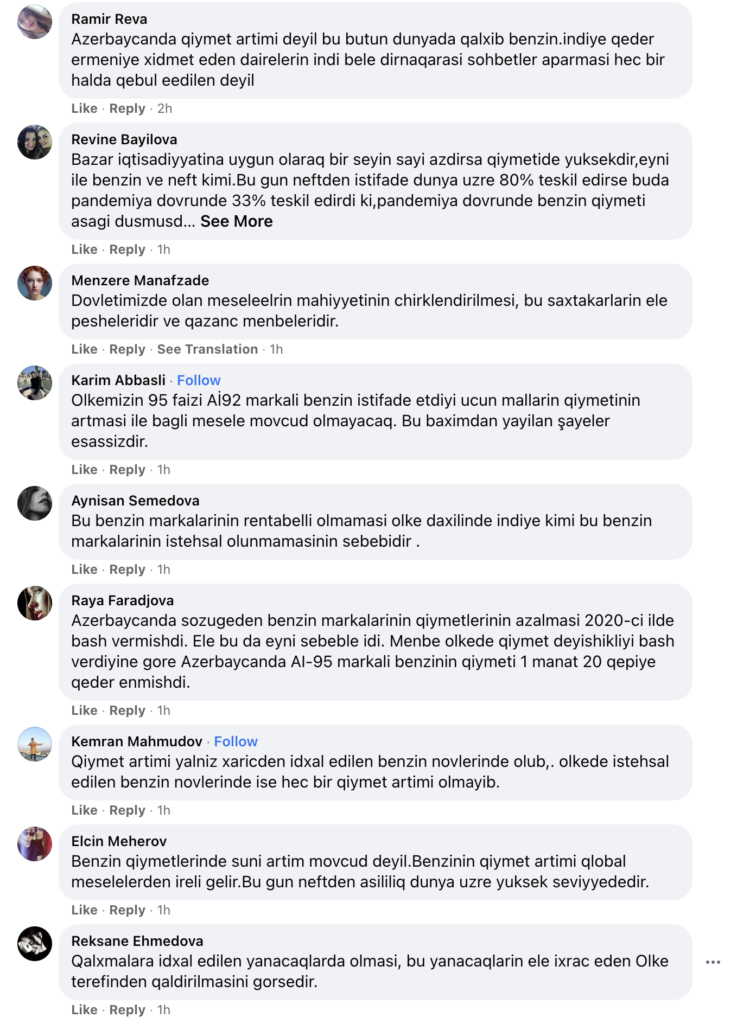
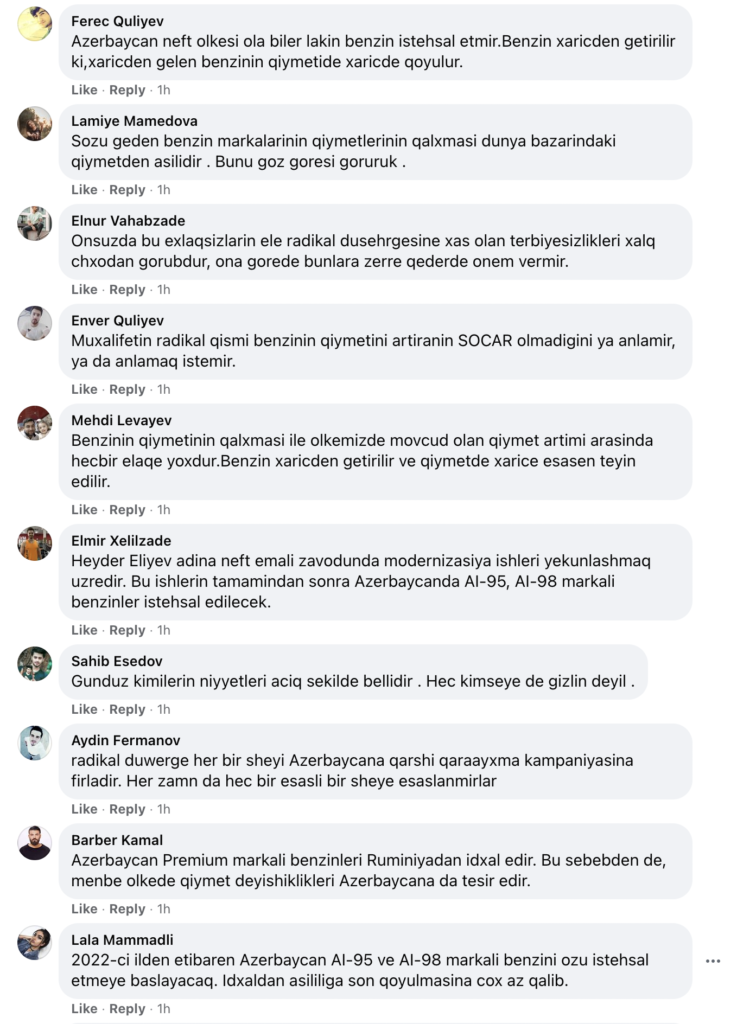
![Hacks and compromised accounts continue to target journalists and activists in Azerbaijan [updated September 13]](https://www.az-netwatch.org/wp-content/uploads/2020/09/markus-spiske-qjnAnF0jIGk-unsplash-600x400.jpg)

![Azerbaijan’s troll factory revealed [Updated Dec. 22]](https://www.az-netwatch.org/wp-content/uploads/2020/11/sergey-zolkin-_UeY8aTI6d0-unsplash-600x400.jpg)
